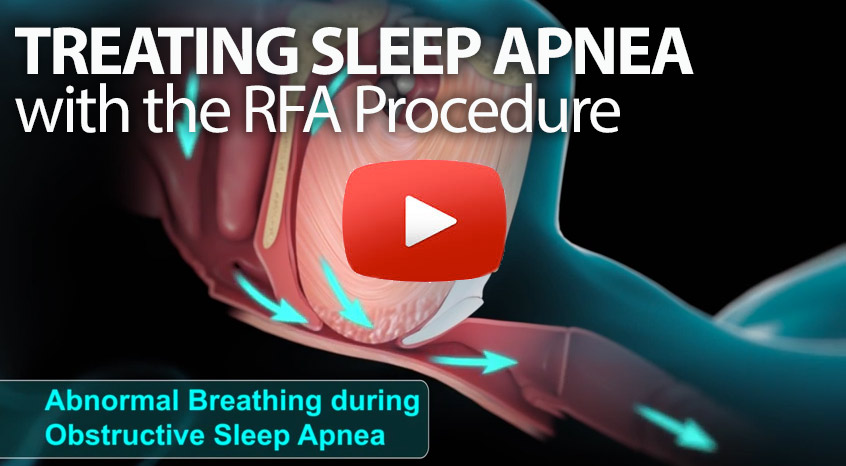For some people, tossing back a drink before bed is part of the process to falling asleep. They’ve had a stressful day, with a mind that is buzzing long past bedtime. Unfortunately, studies about the impact of alcohol on sleep say that it isn’t that simple. While alcohol may contribute to falling asleep faster, ultimately, it causes disruptions in the sleep cycle that make it harder to get a good night’s sleep. Some sources suggest that even a couple of servings of alcohol can be enough to prevent the drinker from getting a good night’s sleep, and more than that can potentially lead to waking up not only hung over, but feeling as though they haven’t slept at all.
Alcohol and REM Sleep
REM sleep, or the portion of the sleep cycle when rapid eye movements occur, is thought to be the time when people dream. In addition, many professionals believe that REM sleep is restorative, while others believe that it is crucial to the brain’s ability to absorb mental learning. If an individual is deprived of REM sleep, their brain doesn’t produce the proteins needed both to restore the body and to help with the learning process. Unfortunately, this is the part of the sleep cycle to which alcohol is the most disruptive. The first portion of REM sleep occurs around ninety minutes after going to sleep, and if the effects of alcohol are still going strong, they can be highly disruptive to this necessary portion of the sleep cycle.
Unfortunately, tossing back that drink to get to sleep and assuming that the REM sleep will be made up later doesn’t work, either. Once the alcohol wears off, the brain experiences a unique array of symptoms that may depend on the individual in question. Some immediately shift to a lighter, more disrupted sleep from which they wake frequently, while others experience what’s referred to as an REM rebound, when they have nightmares and extremely vivid dreams throughout the rest of the night. Unfortunately, neither of these responses leads to the kind of deep, restful sleep that’s really needed in order for any individual to be at their best the next day.
Alcohol Earlier in the Evening
For an individual experiencing chronic insomnia, giving up alcohol immediately before bed seems like the ideal solution. As long as there’s no drinking right before bed, it should be okay, they reason. Unfortunately, any drink consumed within the evening hours has the ability to cause problems with the sleep cycle. This is because the body’s natural response to alcohol changes throughout the length of the day. While many individuals will feel few effects the next day after one or two drinks, anyone who has had trouble with insomnia might consider giving up those evening drinks for a while to see if they’re causing the problem.
Other Effects of Alcohol on the Body
Alcohol has a number of effects on the body that can also contribute to disrupted sleep. Not only does it affect sleep patterns, it also affects the body’s other responses. Alcohol is a diuretic: it’s likely to leave the drinker dehydrated, or at the very least waking to run to the restroom in the middle of the night. In addition, it relaxes muscles that can lead to intense snoring, which affects everyone in the room.
All things considered, anyone looking for a good night’s sleep should avoid alcohol as much as possible. While a glass of wine with dinner might not have too many negative effects, anything more than that can cause a substantial disruption in sleep patterns, leading to an individual who will certainly feel less than rested the next day.
Looking for a sleep solution that will work for you? There are many out there, including Radio Frequency Ablation or RFA.
If you or someone you know is in need of a better night’s sleep, contact us for a no obligation consultation. We are the sleep specialists at Chevy Chase ENT located in the Virginia, Maryland, and Washington D.C. metro area dealing with sleep apnea and sleep-related problems. We can help diagnose your condition, recommend whether a sleep study would be beneficial, and offer you a variety of treatment options including CPAP, Radio Frequency Ablation (RFA) and more.

